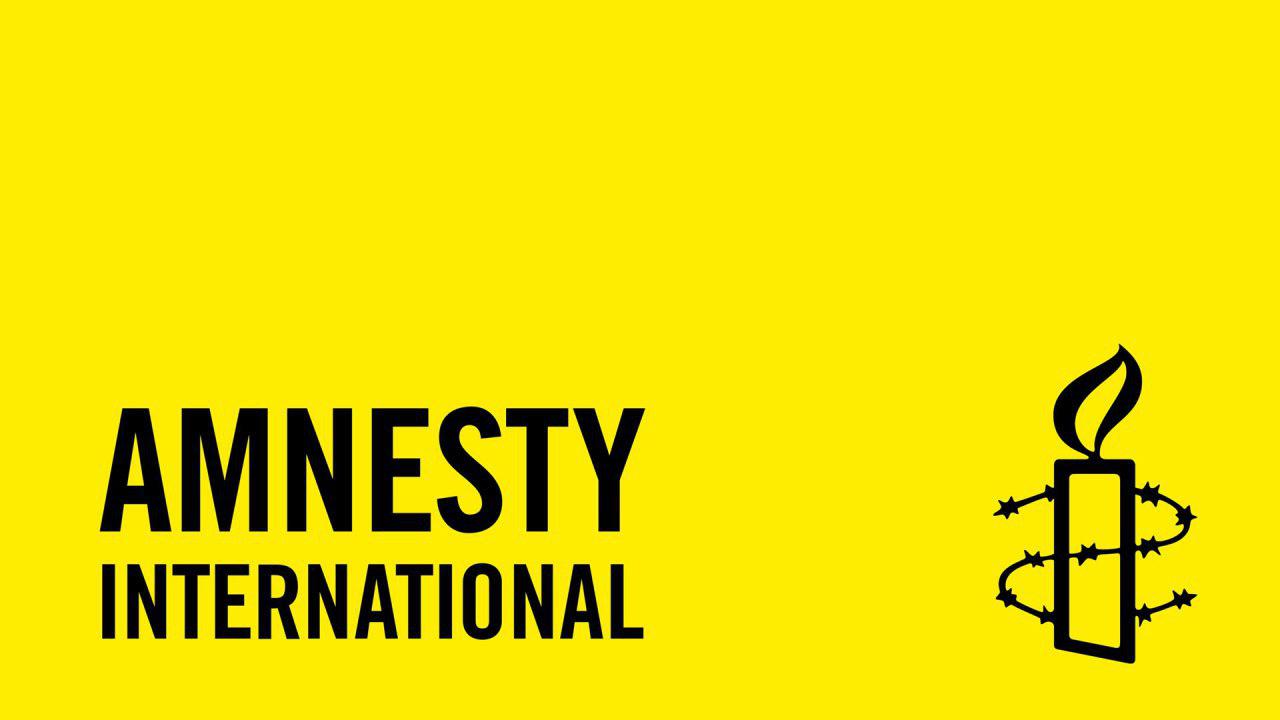
In response to erroneous statements by the Bahraini embassy in London about the organization’s planned work on Bahrain, Amnesty International clarified today its recent discussions with the embassy and urged the authorities in general to respond positively to human rights concerns it raises and to its repeated requests for access to the country for it and other human rights organizations. On 5 January 2018, the Bahrain News Agency (BNA) published the annual report of the Bahraini embassy to the United Kingdom entitled, “Tireless efforts to confirm the Kingdom’s presence and to identify its positions and defend its interests”. The report included two paragraphs relating to the embassy’s work “to correct the negative views on the situation of human rights in Bahrain and to clarify the fallacies and negative perceptions circulating in the United Kingdom and other countries covered by the Embassy diplomatically”. It said that “the Bahraini embassy responded to requests for clarification and questions raised by British parliamentarians, human rights organizations such as Amnesty International and others, as well as providing the British Foreign Office with legal updates in order to enable it to respond to any parliamentary inquiries in detail.” The report went on to say: “The embassy’s efforts with Amnesty International have yielded positive results, including the organization’s goodwill initiative not to issue any reports on Bahrain’s human rights file until February 2018 and to only briefly address the situation in Bahrain in its annual report, in addition to dedicating two pages to the Kingdom of Bahrain in the organization’s forthcoming report in the month of February in such a way that the Kingdom is able to present any clarifications or responses relating to matters of interest in it.” The statements are a serious misrepresentation of the outcome of a meeting held between representatives of Amnesty International and the Bahraini embassy in the United Kingdom on 2 November 2017. In addition to specific human rights concerns, including some of those documented in Amnesty International’s report of September 2017, ‘No one can protect you’: Bahrain’s year of crushing dissent, the meeting discussed ways to improve communication between Amnesty International and the Bahraini authorities and specifically the most effective means for the organization to receive responses to requests for clarification relating to its ongoing monitoring of and reporting on human rights violations in the country. During the meeting, Amnesty International clarified its universal methodology with respect to communications with governments, notably the fact that it seeks clarification about human rights developments or specific cases from relevant authorities in order to reflect any responses received in its publications. At an operational level, Amnesty International agreed to copy in the Bahraini embassy in London to requests for clarifications from government authorities in Bahrain so that it could facilitate the communication process. The embassy committed to help obtain such responses. Amnesty International also mentioned that it would be publishing its next Annual Report in February 2018. It clarified that the entries in this report, which covers some 160 countries around the world, are short summaries, typically of around two pages in length, of the human rights situation in each country rather than the product of new research. For that reason, the organization does not tend to submit the findings summarized in the entry to the government for response ahead of publication. In no way did Amnesty International commit not to publish any document related to Bahrain before February 2018, nor to restrict the Annual Report entry on Bahrain to a particular length, nor to submit the entry for comment to the Bahraini authorities before publication, as erroneously indicated by the annual report of the Bahraini embassy in London. Subsequent to the meeting of 2 November 2017, Amnesty International submitted requests for clarification on a number of ongoing human rights concerns to both the Interior Minister and Justice Minister in letters sent on 21 November and provided copies of both letters to the Bahraini embassy in London at the same time. Amnesty International was disappointed not to receive a response to the requests despite the assurances it had been given that the embassy would make efforts to obtain responses to such correspondence. Amnesty International was therefore forced to publish its concerns, in a public statement entitled Bahrain: Human rights violations unabated and issued on 21 December, without a response from the authorities. In its meeting with the embassy, Amnesty International also raised its concerns that the Bahraini authorities had failed to respond positively to a series of requests the organization had made to visit the country since it was last given access in January 2015. It presented this in a context in which the authorities had denied other human rights organizations access during the same period. It emphasized the point that, if the authorities wished to demonstrate that they were serious about wanting to develop a constructive dialogue with organizations such as Amnesty International, they needed to allow them access to the country to meet government officials, civil society actors and others. The embassy made no mention in its annual report of any efforts it may or may not have made to facilitate access to Bahrain for Amnesty International or others. Amnesty International has written to the Bahraini embassy to the United Kingdom to raise its concerns about the statements published in its annual report and to request that they should be correct or clarified. |